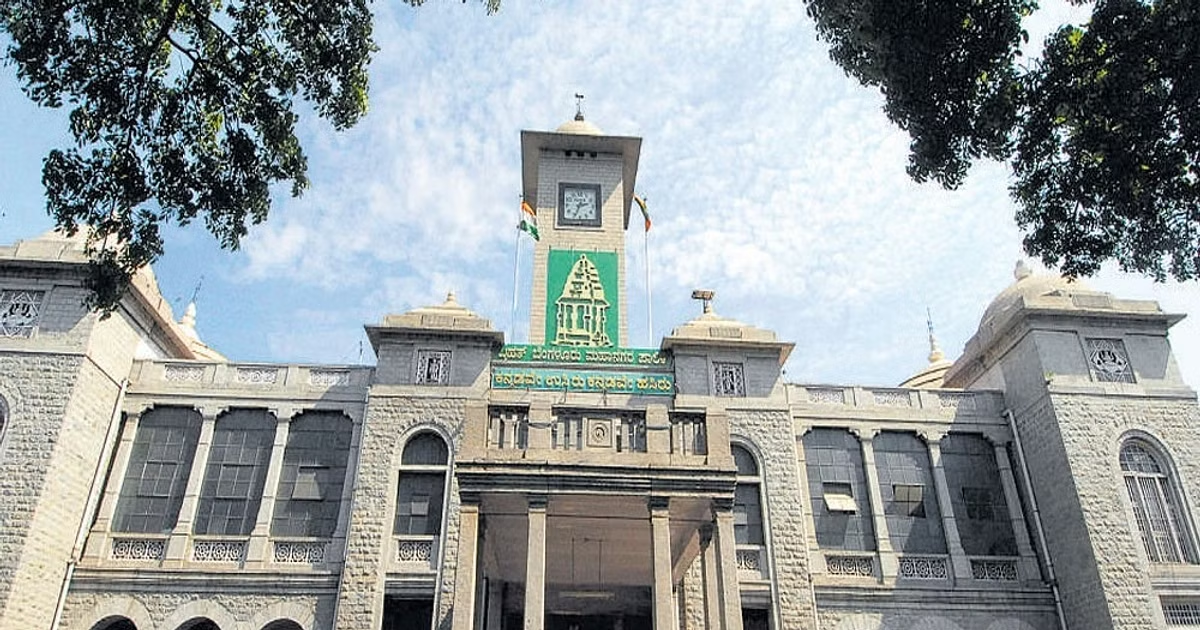ED Raids Bengaluru BBMP Office Over Alleged Public Works Irregularities
On Tuesday, January 7, the Enforcement Directorate (ED) launched a high-profile raid at the Bruhat Bengaluru Mahanagara Palike (BBMP) head office, as part of a widening investigation into alleged irregularities in public works contracts. A team of seven ED officials arrived at the BBMP headquarters around 11 am, sifting through critical documents concerning projects that have long been a source of public scrutiny—particularly those related to borewell drilling and stormwater drainage infrastructure.
The raid has sparked a wave of concern regarding the transparency and accountability of public sector projects, particularly in Bengaluru’s civic governance. The investigation reportedly focuses on identifying discrepancies in how contracts for essential services, like water and drainage, have been awarded. With Bengaluru grappling with its growing infrastructure needs, particularly in stormwater management, the involvement of multiple contractors in such high-stakes projects only magnifies the need for scrutiny.
Borewell drilling and stormwater drainage have been at the heart of numerous controversies in the city. The massive scale of these infrastructure works is critical for the city’s urban planning and resilience, especially given Bengaluru’s vulnerability to erratic rainfall patterns and water shortages. The ED’s inquiry signals the increasing concern over possible financial mismanagement, with allegations of kickbacks or inflated costs threatening to undermine the credibility of vital public services. Experts in urban governance have called for better oversight mechanisms and greater transparency in municipal contracting to avoid these types of irregularities.
While the ED investigation unfolds, a wider conversation about the sustainability of Bengaluru’s development projects is also taking shape. The city, which has seen rapid growth in recent years, continues to face significant challenges in managing urban sprawl and ensuring the delivery of basic infrastructure services. Sustainability in urban governance demands not only efficient management but also clear accountability in public works projects. If the allegations are proven, they will further tarnish the image of Bengaluru as a city struggling to balance rapid urbanisation with responsible and transparent governance. Civic experts suggest that such incidents underscore the urgent need for reforms in the way contracts are awarded, with an emphasis on green and sustainable development strategies that prioritise public welfare over private gains.
As the ED’s investigations unfold, it is imperative for Bengaluru’s citizens to demand greater transparency and accountability from their elected representatives. These public works projects, often funded by taxpayer money, must be handled with the highest standards of integrity to ensure that they truly serve the city’s long-term sustainability goals. Public outrage against corruption, if harnessed effectively, could push for more stringent oversight and ensure that the city’s future development plans are driven by genuine, community-focused progress rather than vested interests.



